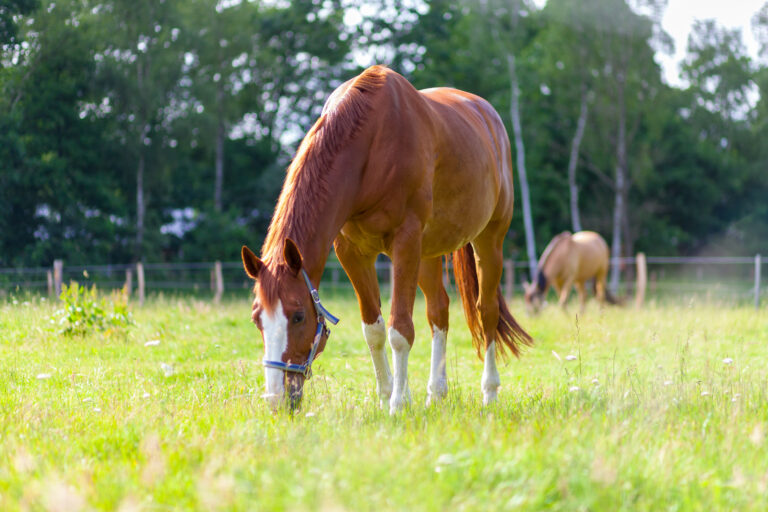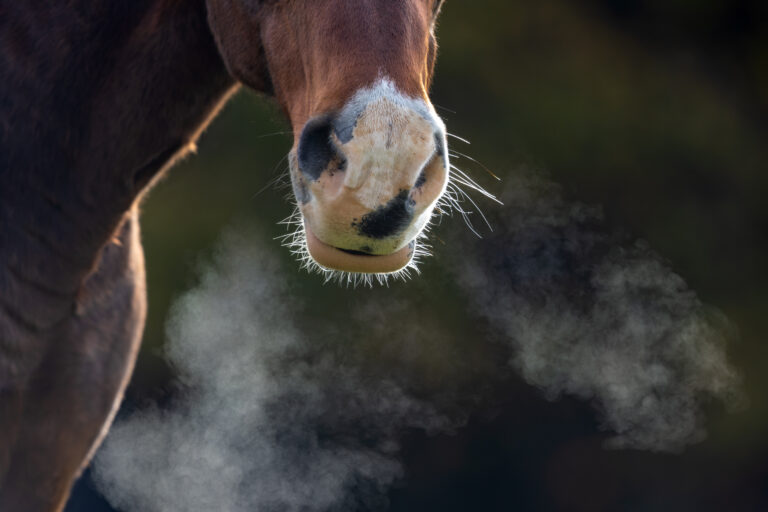
Although not every human medical situation parallels equine responses to treatments, an interesting article identified reduced vaccine responses in children exposed to antibiotics during the first two years of life. [Chapman TJ, Pham M, Bajorski P, Pichichero ME. Antibiotic Use and Vaccine Antibody Levels. Pediatrics May 2022, vol 149 (5); doi.org/10.1542/peds.2021-052061]
Of 560 children evaluated, 342 had received nearly 1700 courses of antibiotics between ages 6 -24 months while 218 did not receive antibiotics. Vaccine-induced antibodies fell below protective levels particularly in children given antibiotics between 9-12 months of age. In general, antibody levels of four vaccines in those receiving antibiotic treatment were reduced by 12 – 21% following post booster administration. Those receiving broad spectrum antibiotics, or those receiving a 10-day rather than a 5-day course experienced reduced vaccine-induced antibody levels.
Due to increasing antimicrobial resistance, it is always good to steer away from overzealous use of antimicrobials. That said, when they are necessary to save a life or improve the outcome, they have a role when used appropriately. Antibody responses are not definitive predictors of immune protection against a disease; however, this data could inform decisions going forward.
One thought is that antibiotic effects on the gut microbiome might influence the immune system by altering bacterial diversity in the intestinal tract that has the potential to affect vaccine responses. Whether this has any bearing on vaccine responses in foals treated with antibiotics for a variety of neonatal and foal illnesses is not known but this study certainly gives food for thought.









